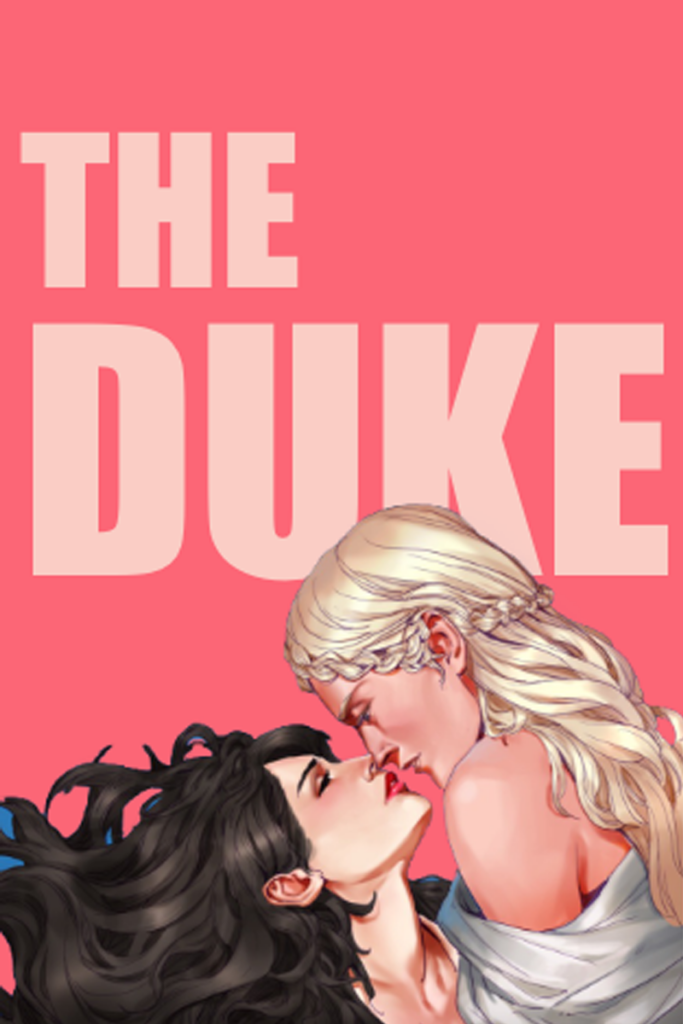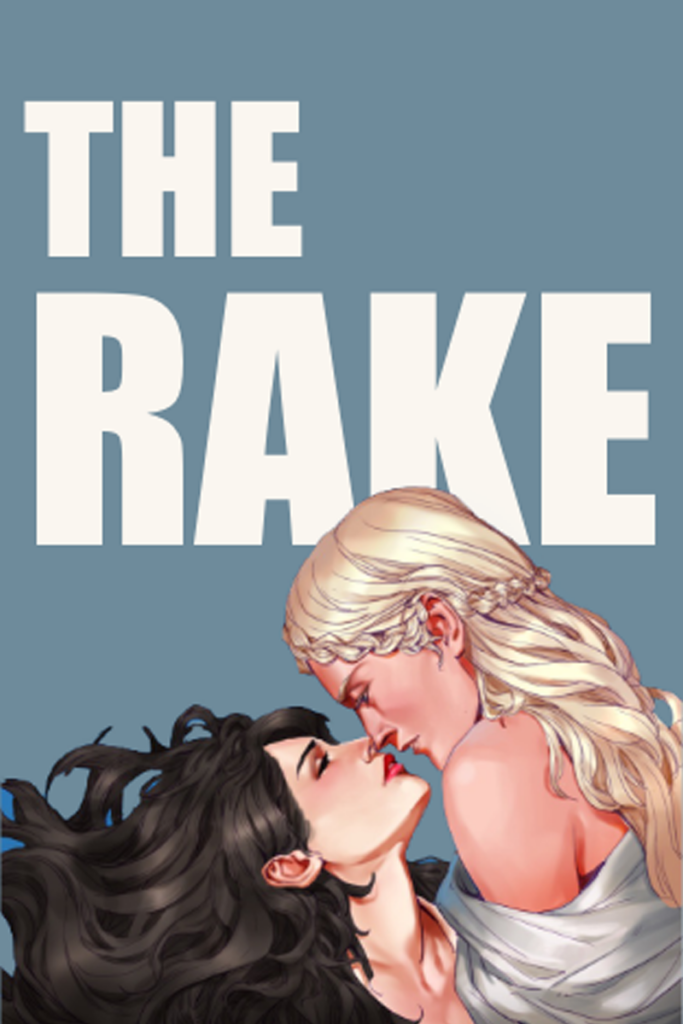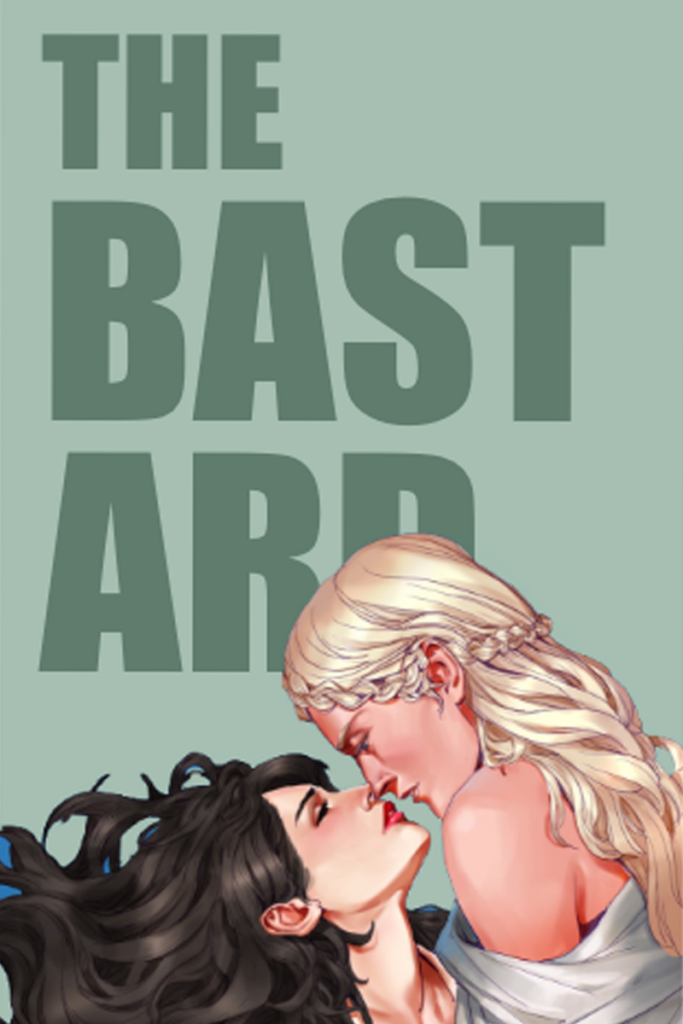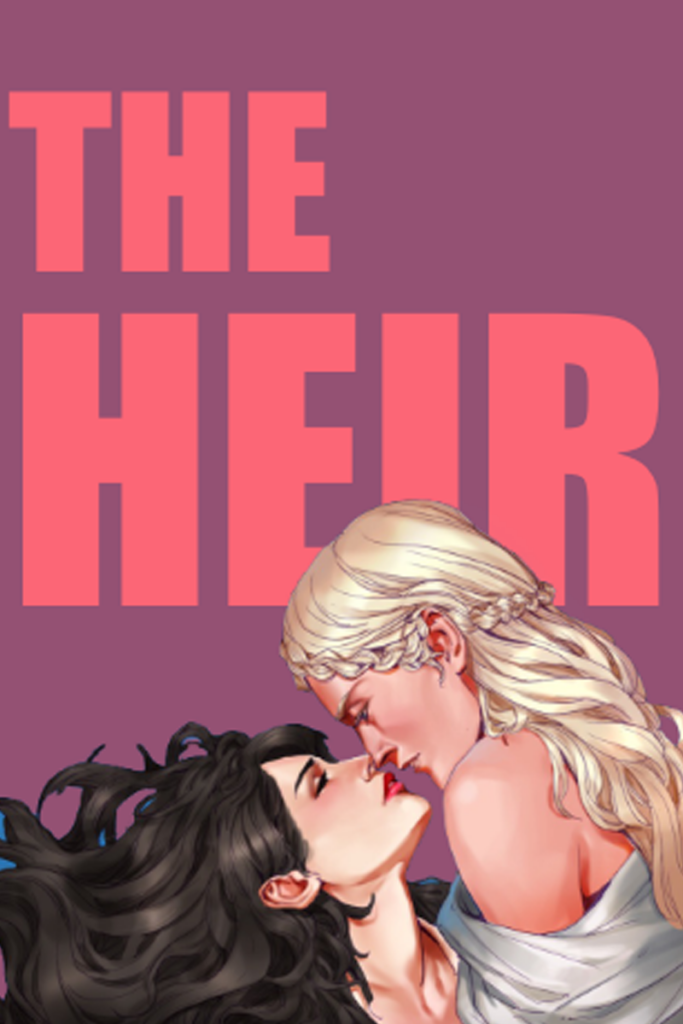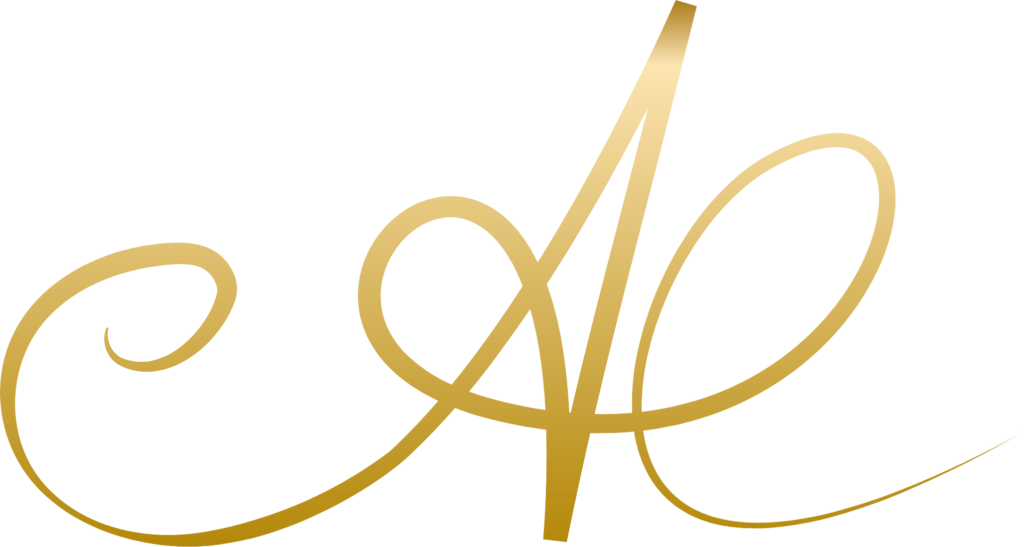Anna
Cowan
Straight to the heart.
I write classic Historical Romances with a sensational queer twist. Emotionally intense and deeply romantic, these stories will make your heart hurt in the best possible way.
A bit
about me...
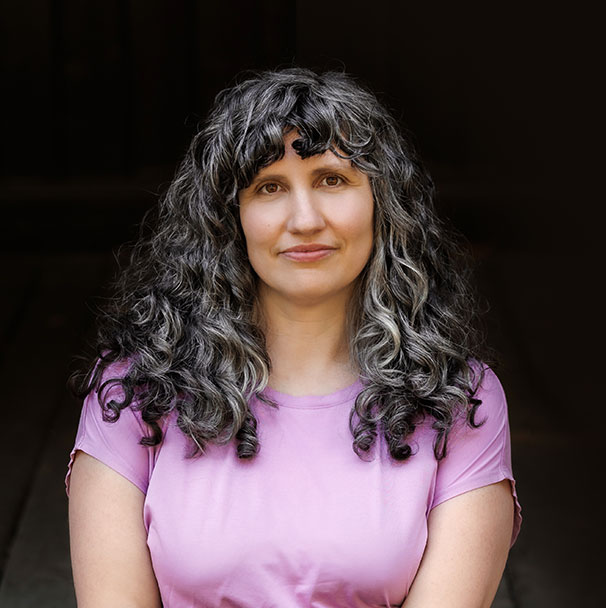
I started writing at eight and haven’t stopped yet. After years of travelling (including a quick stop to marry my Scottish sweetheart on the shores of Loch Lomond) I studied Creative Writing at the University of Melbourne and the Royal Melbourne Institute of Technology. My debut novel, Untamed, was published in 2013. I live on Wurundjeri country in the hills outside Melbourne with my family.
I find it more interesting, more rewarding, to think of romance as an unbowed answer to difficult realities. A confrontation. A tiny defiant candle held up against the dark; a middle finger brandished in the face of existential despair.
Cecilia Grant
